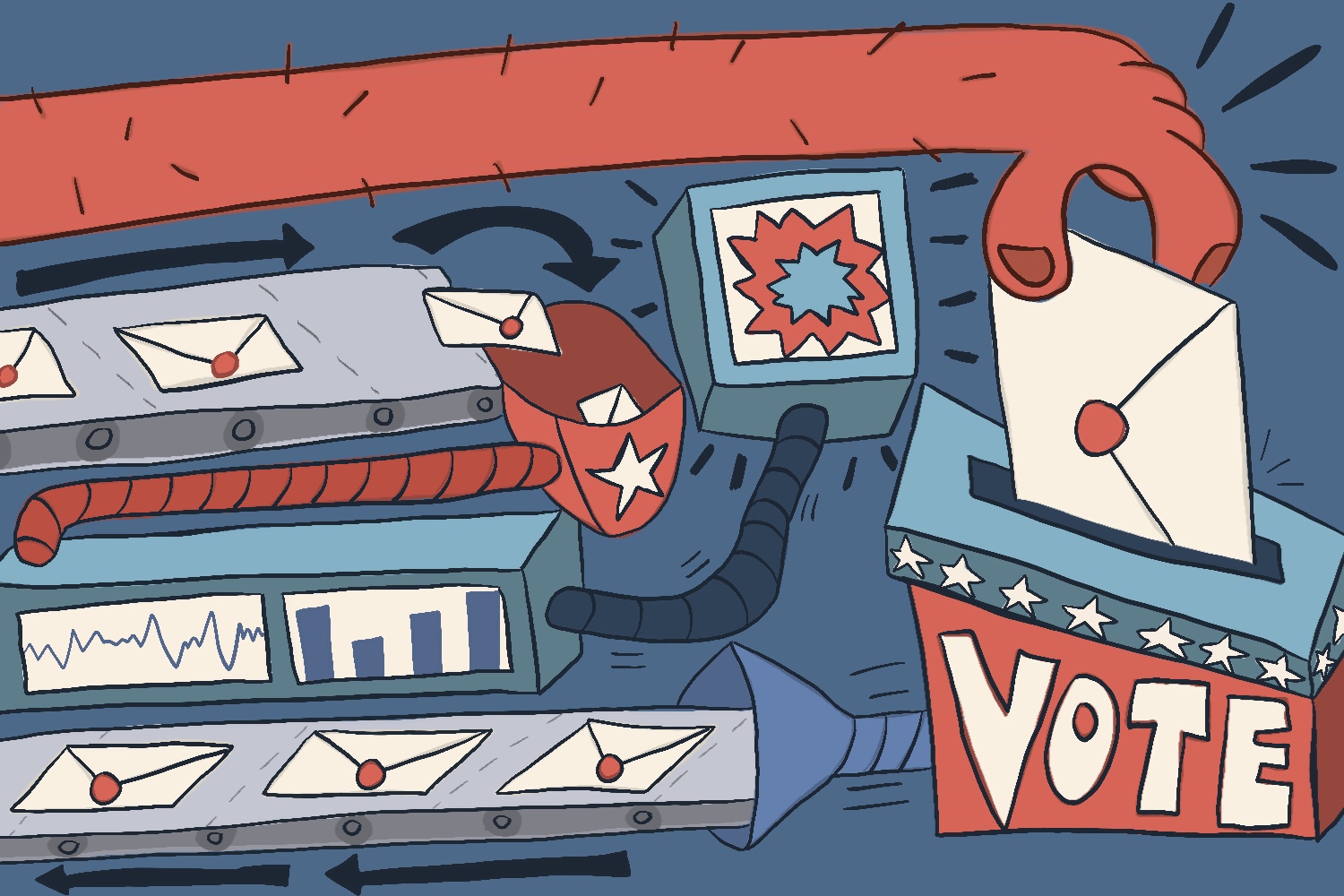Starting this year, the new Medical Amnesty Program (MAP) will replace Got Your Back, Assistant Vice President for Student and Campus Life Annie Stevens said. When anyone is experiencing severe intoxication and/or serious injury after consuming alcohol and/or other drugs, it is imperative that medical assistance is called immediately, without hesitation or fear of potential disciplinary sanctions, the MAP description on the UVM website states. “I feel as if the change is a positive one,” first year Ian Straus said. This was also the underlying purpose of Got Your Back, but in addition to the name change, some rules and regulations have also been changed. “I’m not sure if anyone even called Got Your Back more than once, but if they did, I believe they would have had to go through the conduct process,” Stevens said. “A student or caller can now use it more than once, but hopefully not more than once. We don’t want students counting how many times they or their friend may need help so we have not put a limit on it.” UVM’s Alcohol and Drug Task Force, as part of the President’s Commission for Social Change, held numerous focus groups last spring with students to find out what students were thinking about alcohol on campus. Got Your Back was a top concern with confusion about why and how to benefit from the program. “There were rumors and gossip floating around that Got Your Back didn’t really have your back, instead that you still went through judicial services,” senior resident advisor Adil Mahmood said. “It was an iffy area, so I believe the new system, MAP, is much better and simpler to use. Since it takes the students’ safety into account first and foremost, I believe students have more trust and reliability in it. Also, it relieves the student of the thoughts of whether they’ll get in trouble.” The Center for Student Ethics and Standards receives the report, typically from an resident advisor or police officer, and determines the next step for the MAP process. “Last year there were 34 cases where someone called Got Your Back for someone else. The year before there were 23 cases, and this year there have already been a few MAP calls. The numbers are visibly increasing,” Stevens said. The University is committed to increasing the likelihood that students will call for medical assistance when faced with an alcohol and/or other drug-related emergency, the MAP page on the UVM website stated.












